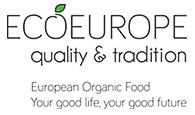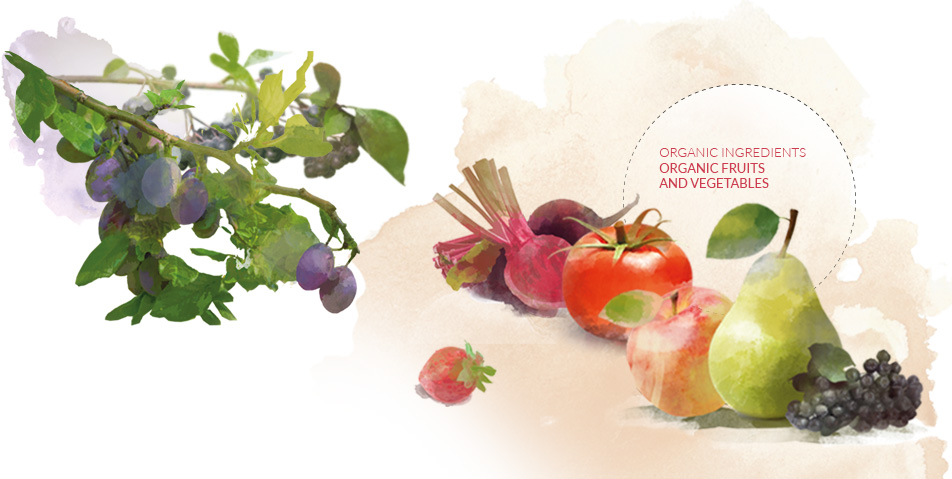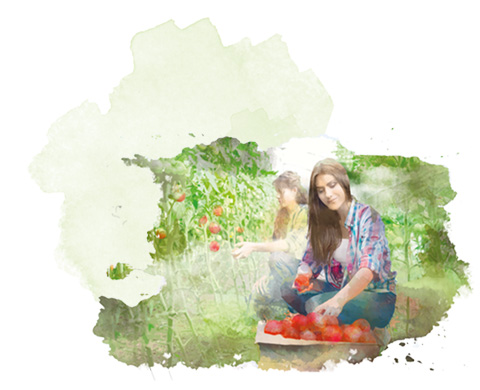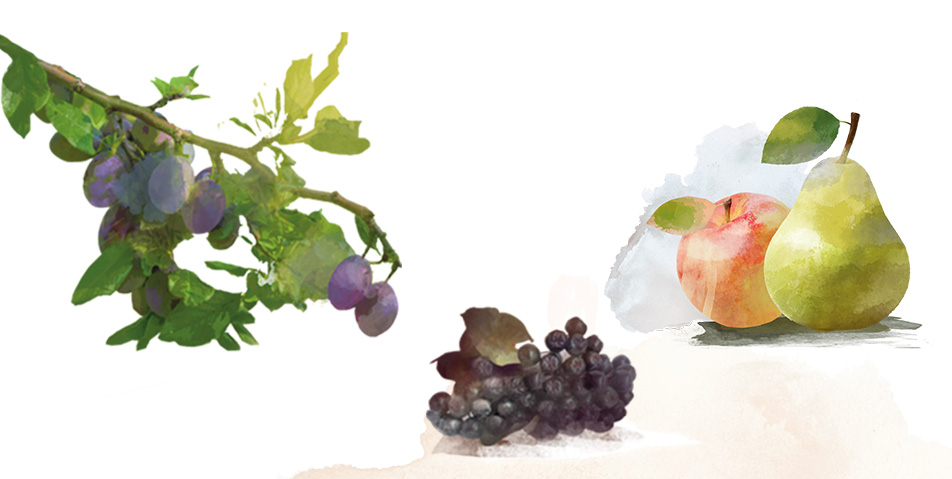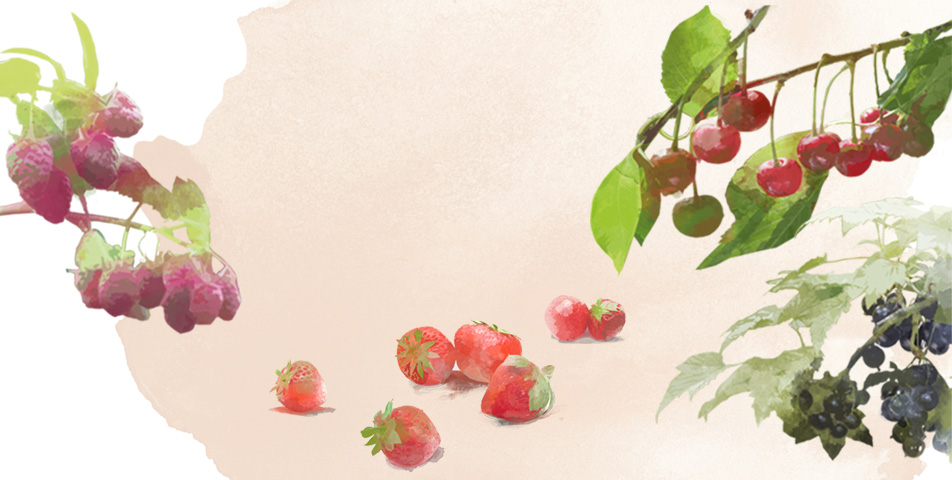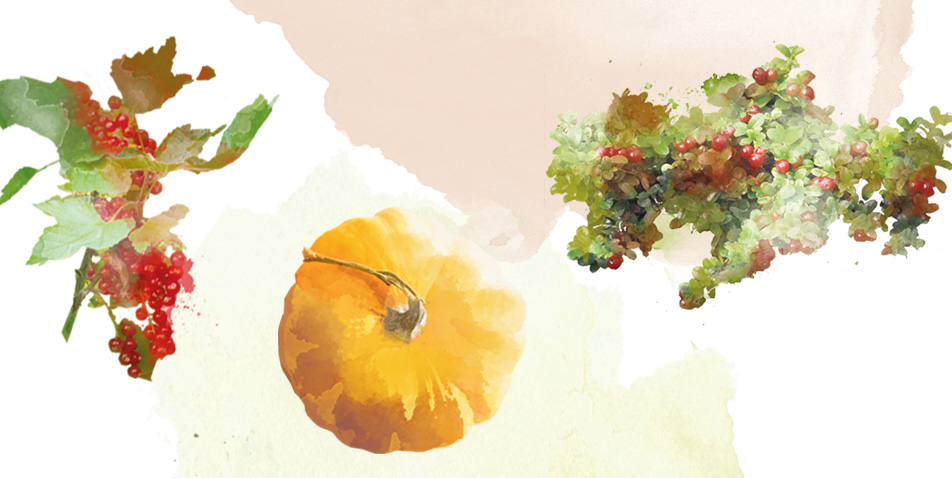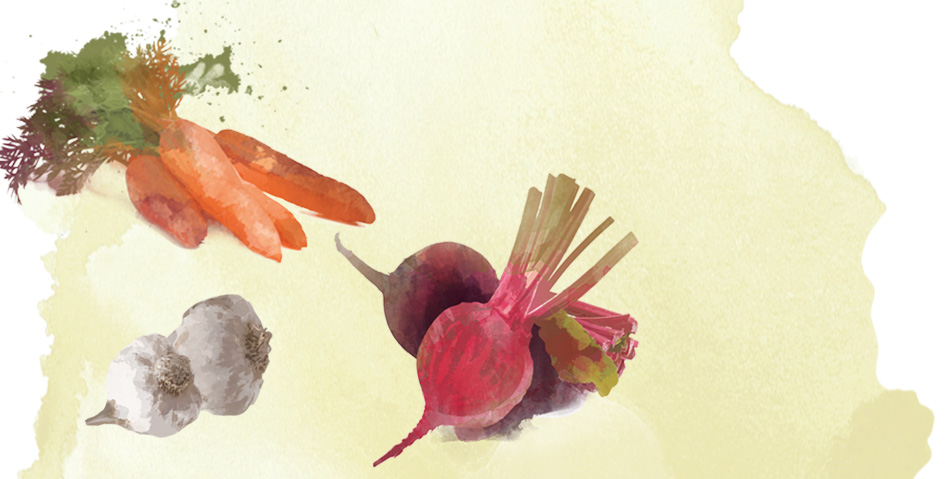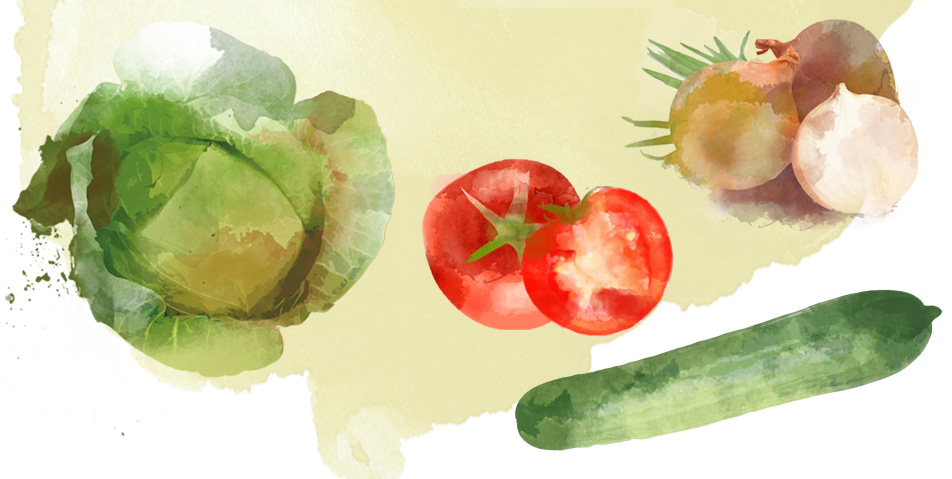Ecological food products, also referred to as organic or BIO, are food products in which at least 95% of the ingredients are produced using ecological methods.
Organic crops use natural fertilisers, such as compost, manure and organic material, as well as:
- 0% agricultural chemistry: artificial fertilisers and pesticides
- 0% genetic modification (GM)
- 0% large-scale, monospecific crops
In the case of agricultural crops, it is important that the land where the farm is located is clean, thus roadside fields do not qualify, as the soil in such places is too polluted with lead and other substances.
The principles of eco-cultivation envision that various fruit and vegetables should be grown on small, adjacent plots. Moreover, crop rotation should also be used on every field in order to prevent soil depletion. All fertilisers used have to be natural – compost and manure; therefore, it is recommended that an eco-farm should also keep animals.
In spite of the fact that some organic products, such as meat and milk, have a shorter shelf life, the opposite is true with fruit and vegetables, thanks to the higher quantities of vitamin C, which acts as a natural preservative. For example, organic strawberries may become dry after a few days, but they will not rot like those purchased in a supermarket.
In accordance with Council Regulation (EC) No 834/2007 of 28 June 2007 on organic production and labeling of organic products repealing the regulation (EEC) No 2092/91 (OJ L 189 of 07.20.2007 s. 1) with later amendments.
In organic farming, natural and organic fertilizers are used, as well as plant extracts and an appropriate crop rotation.
In addition, just like the conventional products, the organic farming products must fulfill quality requirements as well. These include such things like food safety standards, looks and commodity assessment.
In the production of fruit and vegetables, the following are not permitted:
- the use of GMOs,
- the use of synthetic pesticides, fungicides, etc ,
- the use of synthetic mineral fertilizers,
- the use of the growth-acceleration substances.
